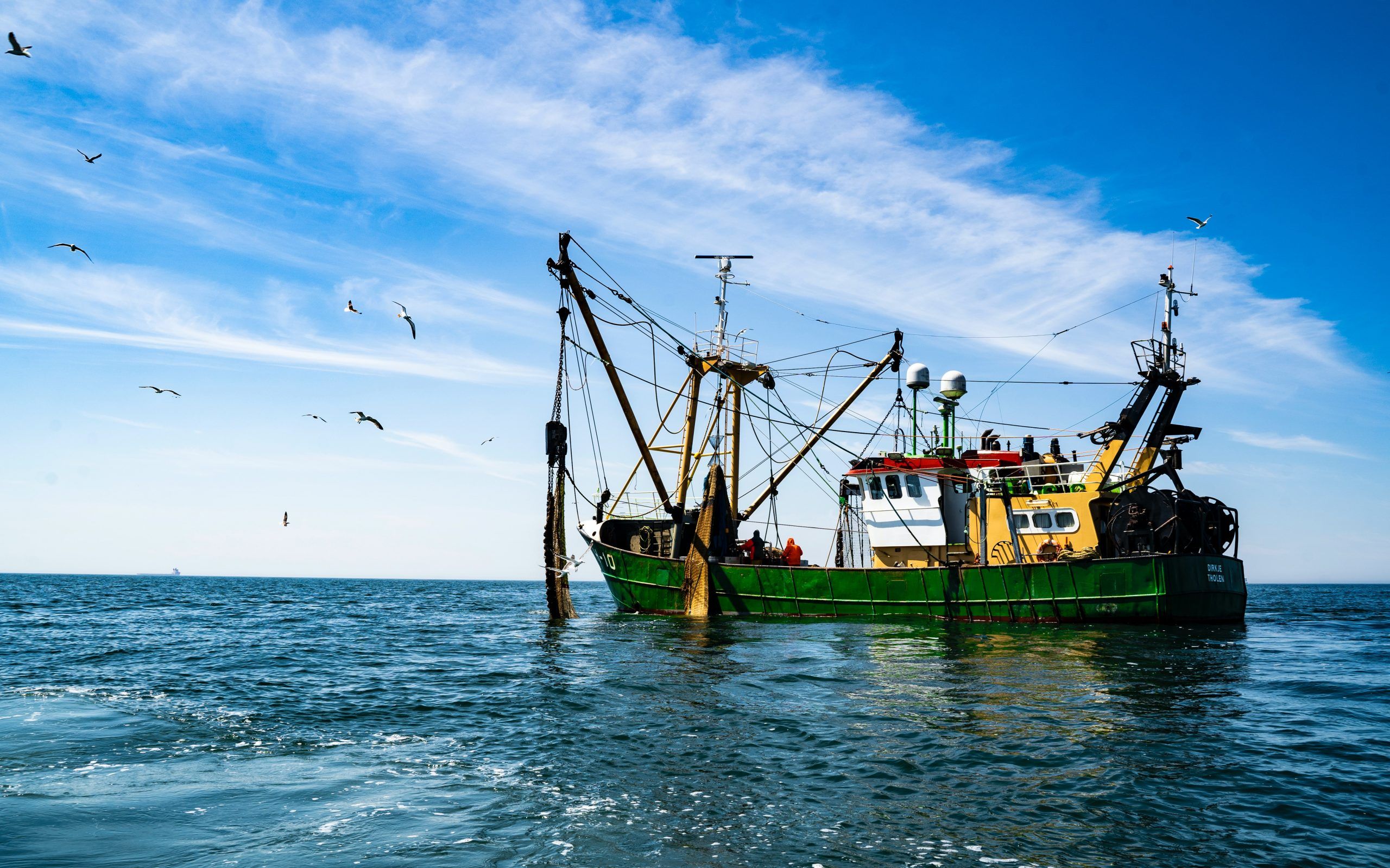In its regular package of infringement decisions, the European Commission pursues legal action against Member States for failing to comply with their obligations under EU law. These decisions, covering various sectors and EU policy areas, aim to ensure the proper application of EU law for the benefit of citizens and businesses.
The main decisions adopted by the Commission for Spain are presented below:
Environment
Commission urges SPAIN to comply with EU nature legislation
The Commission is calling on Spain to fulfil its obligations under the Birds Directive (Directive 2009/147/EC), the Habitats Directive (Directive 92/43/EEC) and a previous ruling of the Court of Justice of the European Union (C-461/14). Compliance with EU nature legislation is crucial for the preservation and restoration of nature and biodiversity. The European Green Deal and the European Biodiversity Strategy for 2030 both stress the importance for the EU to halt its biodiversity loss by preserving our natural sites and restoring damaged ecosystems to good ecological status. On 24 November 2016, the Court of Justice of the European Union ruled that Spain had failed to take appropriate steps to avoid the deterioration of natural habitats and the disturbance of protected bird species caused by the construction of a railway line crossing through the special protection area ‘Campiñas de Sevilla’ in Andalusia.
Spain has identified a number of mitigation and compensation measures to offset the damage caused and implement the Court judgment. However, almost 5 years after the judgment, Spain has not yet fully implemented those measures. The Commission has therefore decided to send a letter of formal notice to Spain for failing to comply with the Court ruling. This is an infringement procedure based on Article 260(2) TFEU, meaning that the Commission can refer the matter back to the Court of Justice of the European Union and ask for financial sanctions, after giving Spain the opportunity to respond to the letter and take the necessary measures.
Environmental impact assessment: Commission calls on SLOVENIA and SPAIN to update national laws
The Commission is calling on Slovenia and Spain to bring their national legislation in line with the Directive on the assessment of the effects of certain public and private projects on the environment (Directive 2011/92/EU). The Directive ensures that the impact of public and private projects on the environment is assessed before such projects are authorised and significant harmful environmental impacts are identified and addressed. The Directive was amended in April 2014 (by Directive 2014/52/EU) to reduce the administrative burden and improve the level of environmental protection, while making business decisions on public and private investments more sound, predictable and sustainable. Slovenia has not correctly reflected certain provisions of the amended Directive into national law including the Directive’s requirements on transboundary environmental impact assessment procedures and those concerning the implementation of measures for the prevention, reduction or elimination of harmful effects on the environment in permits for some projects. Spain has not correctly reflected the Directive in its national legislation, as Spanish law does not require an impact assessment for certain projects with potentially significant environmental effects. This is the case in particular for installations for the extraction, processing and transformation of asbestos. Spain has also established various ‘exclusion thresholds’ that may exclude projects from the procedure regardless of their likely significant environmental effects. The Commission is therefore sending reasoned opinions to Slovenia and Spain. Both Member States now have two months to remedy the situation, otherwise, the Commission may decide to refer them to the Court of Justice of the European Union.
Fisheries
Commission calls on SPAIN and FRANCE to ensure compliance with obligations regarding control and enforcement of the landing obligation
The Commission is calling on Spain and France to ensure compliance with obligations regarding the control and enforcement of the landing obligation under the Common Fisheries Policy Regulation (Regulation (EU) No 1380/2013) and the Fisheries Control Regulation (Council Regulation (EC) No 1224/2009). This obligation was introduced during the last reform of the common fisheries policy in 2013 to end the wasteful and unsustainable practice of discarding, when unwanted catches are returned to the sea. The issues at stake also concern the non-compliance by Spain and France with the obligations under the Regulation on illegal, unreported and unregulated fishing (IUU Regulation – Council Regulation (EC) No 1005/2008). In particular, Spain and France failed in ensuring the control and enforcement of the obligation that all catches of species subject to catch limits and, in the Mediterranean, species subject to minimum sizes, are brought and retained on board fishing vessels and then recorded, landed and counted against quotas, where applicable. Effective control and enforcement of fishing activities at sea and the accurate recording of catches and discarded quantities are essential for the implementation of the landing obligation and for supporting the long-term sustainability objectives of the Common Fisheries Policy. It is also important in order to prevent, deter and eliminate IUU fishing. The Commission considers that Spain and France have not taken the necessary steps to address the above-mentioned obligations. Therefore, the Commission decided to send letters of formal notice to Spain and France giving them two months to respond and address the shortcomings. Otherwise, the Commission may decide to issue a reasoned opinion.







Leave a Reply